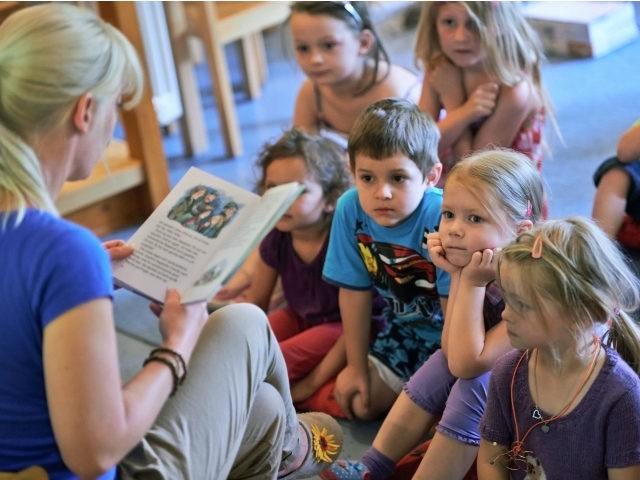The University of Washington has received a $138,000 grant from the federal government to study the gender identity of four to six-year-old children.
The study, which will be conducted on over 200 four to six-year-old children, will explore themes of gender identity and socialization. The grant claims that researchers will use the funds to explore the “internal sense of gender” of the study’s subjects.
“Prominent theories of gender development have discussed the degree to which gender identity results from an internal sense of gender and socialization processes,” according to the grant. “However, tests of these theories have been limited because, for most children, internal gender identity and environmental socialization substantially overlap, rendering it impossible to distinguish the relative impact of each factor on gender development.”
The study is being conducted to explore the “wider range” of gendered experiences taking place in the United States today. The research will be conducted primarily by Kristina Olson and Selin Gülgöz of the University of Washington, who work with the university’s “TransYouth Project,” an organization that does research into the experiences of transgender youth.
According to the grant document, the project will examine not only children but the parents of children as well, likely so that researchers can obtain a better grasp of how each individual child subject has been socialized.
“The project will involve asking 250, 4- to 6-year olds and their parents to complete a battery of measures assessing early and current gender socialization, children’s internal sense of gender identity, children’s gendered behavior (e.g., preferences for gender-typed toys) and measures of related gender cognition (e.g., memory for gender-consistent vs. inconsistent behaviors),” the grant reads. “These measures will allow the researchers to examine the relative contributions of internal gender identity and socialization and ultimately provide a more comprehensive theory accounting for early gender development.”

COMMENTS
Please let us know if you're having issues with commenting.